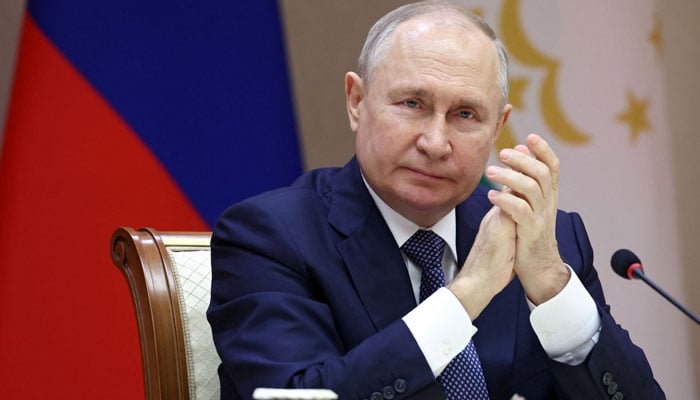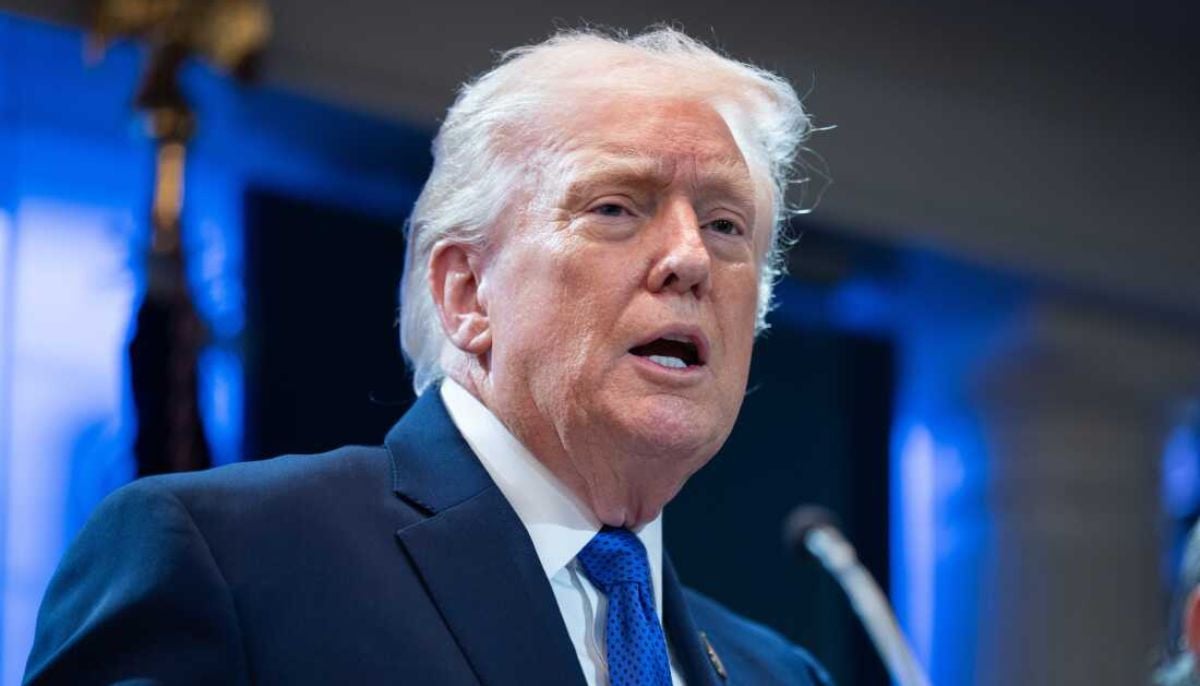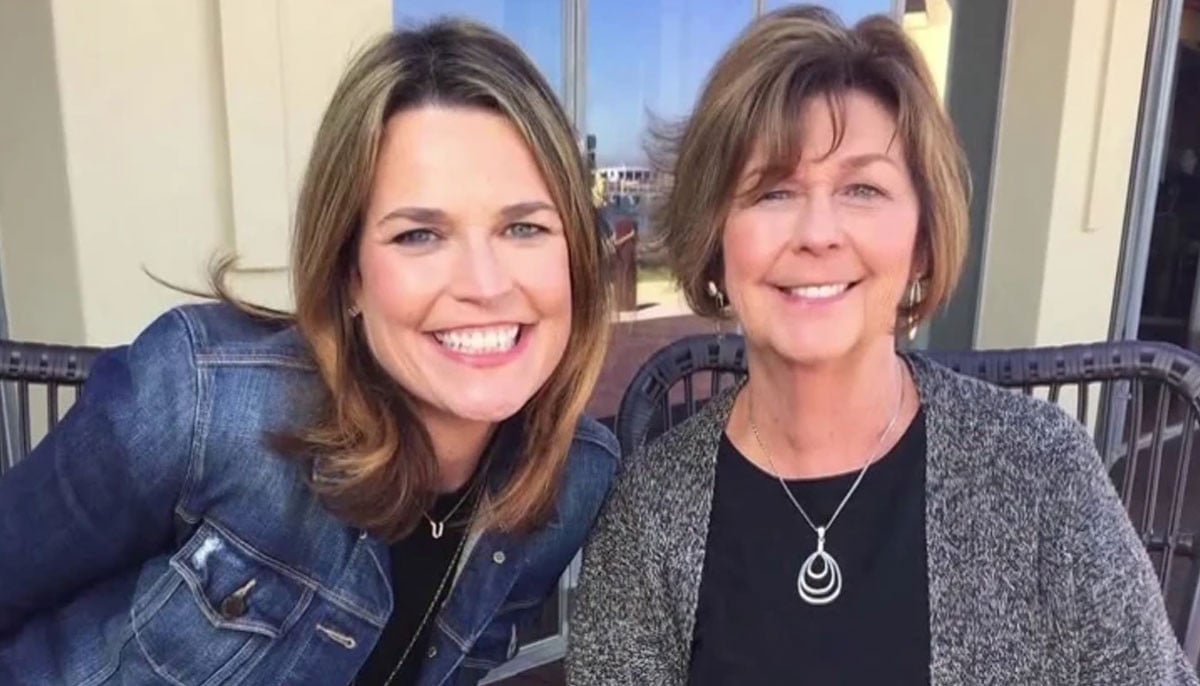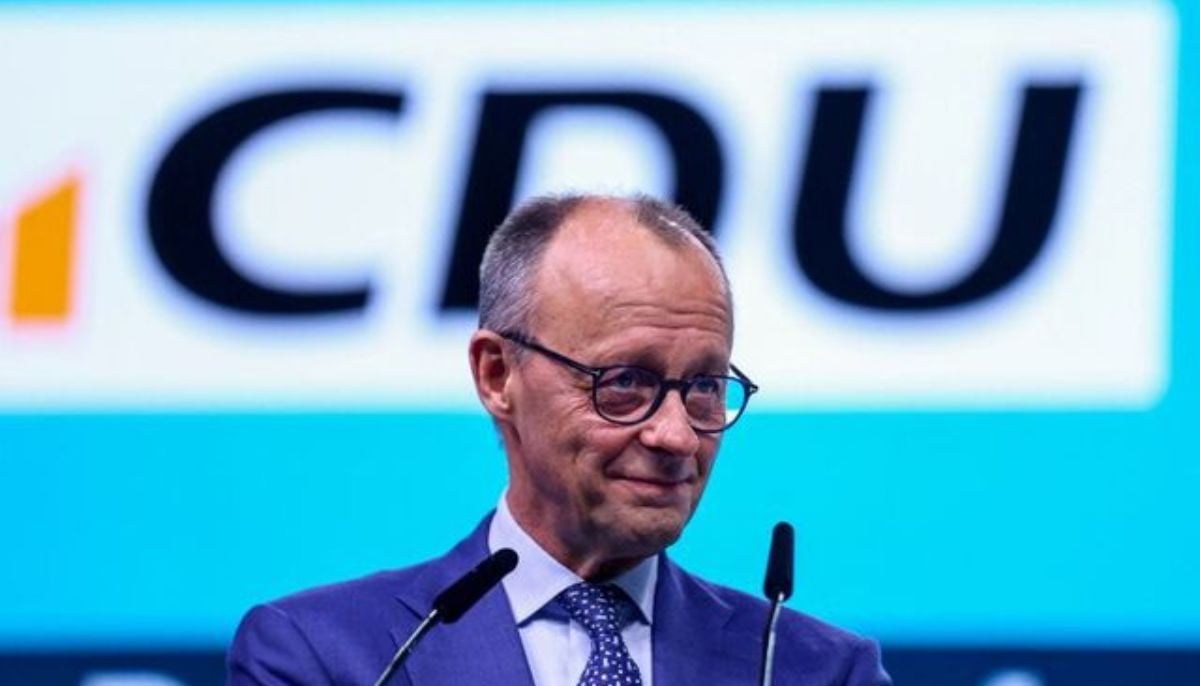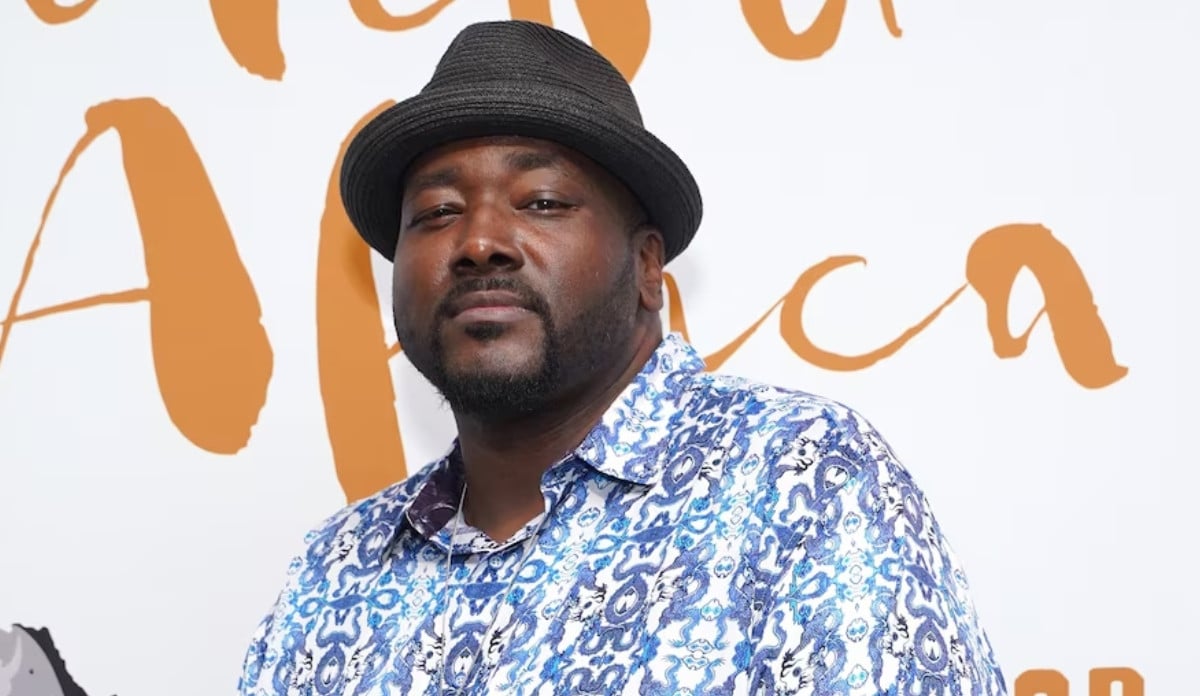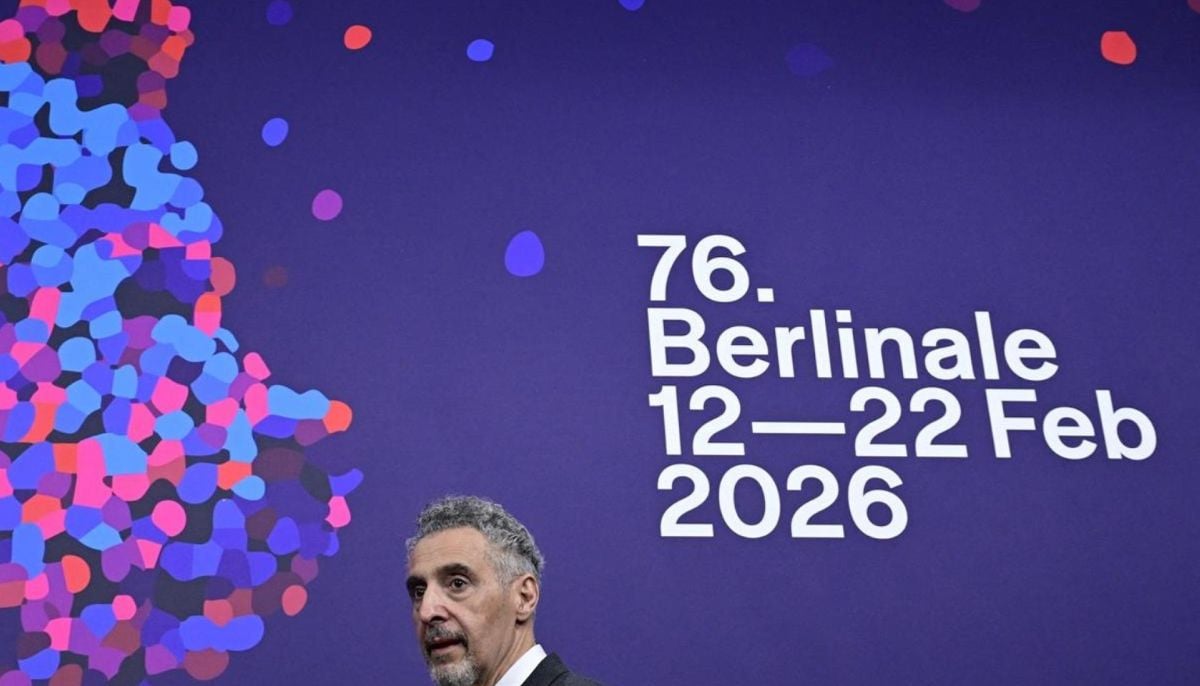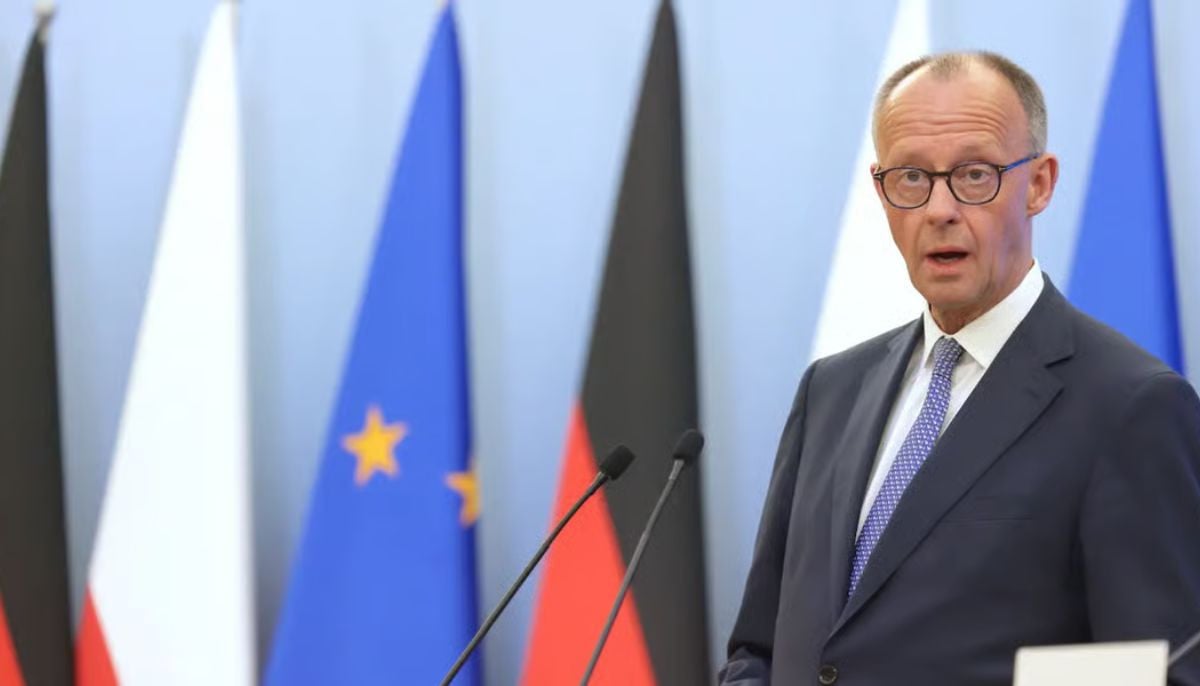Putin urges Russian women to have 'eight or even more children'
Russia's population has been slashed by 550,000 during first year of Ukraine war
Russian President Vladimir Putin has urged women in his country to have seven, eight or more children to address Russia's population slump amid the war in Ukraine.
He warned that addressing the country's "catastrophic demographic problems" with more money, benefits and social payments is impossible.
Putin delivered the message while speaking via video link at the World Russian People's Council on Tuesday, saying: "Many of our peoples maintain the tradition of the family, where four, five or more children are raised."
He added: "Recall that in Russian families our grandmothers and great-grandmothers had both 7 and 8 children. Let us preserve and revive these traditions.
"Having many children, a large family, should become a norm, a way of life for all the peoples of Russia. A family is not just the foundation for state and society, it is a spiritual phenomenon, the source of morality."
Putin himself is believed to have at least six children, with three partners, although he only publicly admits to two daughters, Daily Mail reported.
Many blame his war in Ukraine for a massive decline in the birth rate — and rise in deaths, wounding his popularity in the leadup to the March 2024 elections.
Russia's population fell by 550,000 during the first year of his invasion, and many families were hesitant to start families due to economic uncertainty and conflict.
Putin is demanding a change in attitudes from Russians, who currently produce an average of only 1.42 children.
Demographers attribute a declining economy and strict abortion regulations to deterring parents, while life expectancy has remained stagnant since 1991, exacerbated by conflicts in Central Asia and Ukraine, and widespread drinking problems.
According to the Carnegie Endowment for International Peace, "some of the objective reasons for Russia's demographic problems reflect historical dynamics: the number of women of childbearing age is falling, and the average age at which women are having children is rising steadily in modernized, urban, well-educated populations."
The think tank also noted the COVID-19 pandemic and Russia's "special military operation" in Ukraine have "created a backdrop of extreme uncertainty about the future".
"This has predictably changed family planning: some people are deciding not to have children or to postpone starting a family or having another child until more psychologically and financially stable times.
"Nor does the militarisation of life in Russia encourage people to add to their families, except for those who consider it their duty to supply the motherland with cannon fodder for future wars," a 2023 report observed starkly.
-
Sarah Pidgeon explains key to portraying Carolyn Bessette Kennedy
-
Inside Nicole 'Snooki' Polizzi's 'private' marriage with husband Jionni LaValle amid health scare
-
Germany’s ruling coalition backs social media ban for children under 14
-
Quinton Aaron reveals why he does not want to speak to wife Margarita ever again
-
Why Mikaela Shiffrin celebrated Olympic Gold with Taylor Swift song?
-
Political tensions steal spotlight at Berlin Film Festival closing ceremony
-
Hong Kong touts stability,unique trade advantages as Trump’s global tariff sparks market volatility
-
Friedrich Merz heads to China for high stakes talks in an effort to reset strained trade relations
